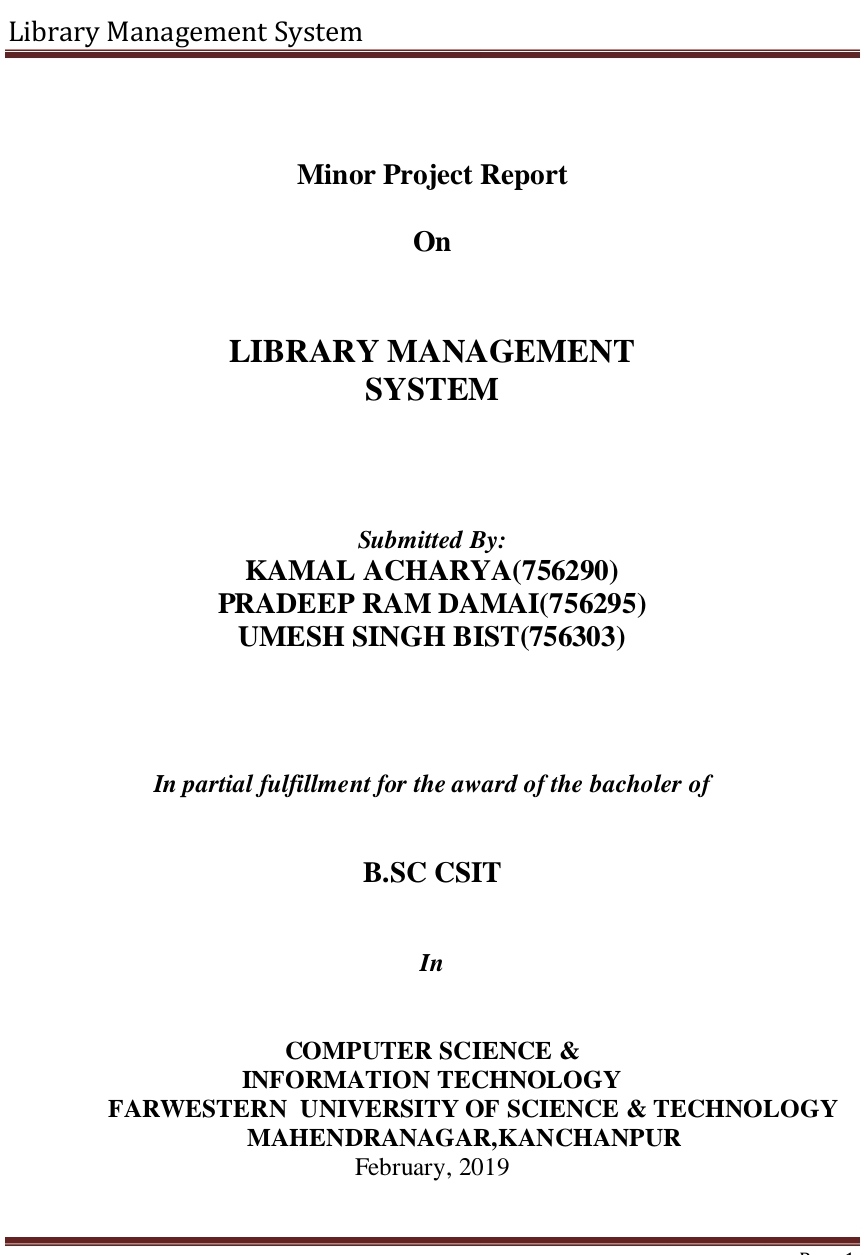Gender profile: Peru
What is the condition of women in Peru? This gender profile by the Canadian International Development Agency (CIDA) offers a statistical overview of the condition of urban and rural women with respect to unemployment, status in the workplace, life expectancy and working and living conditions. Poverty is an ongoing concern and half the population continues to subsist below the poverty line. Rural women suffer the most with lower rates of literacy and fewer employment opportunities than urban women and men in general.





